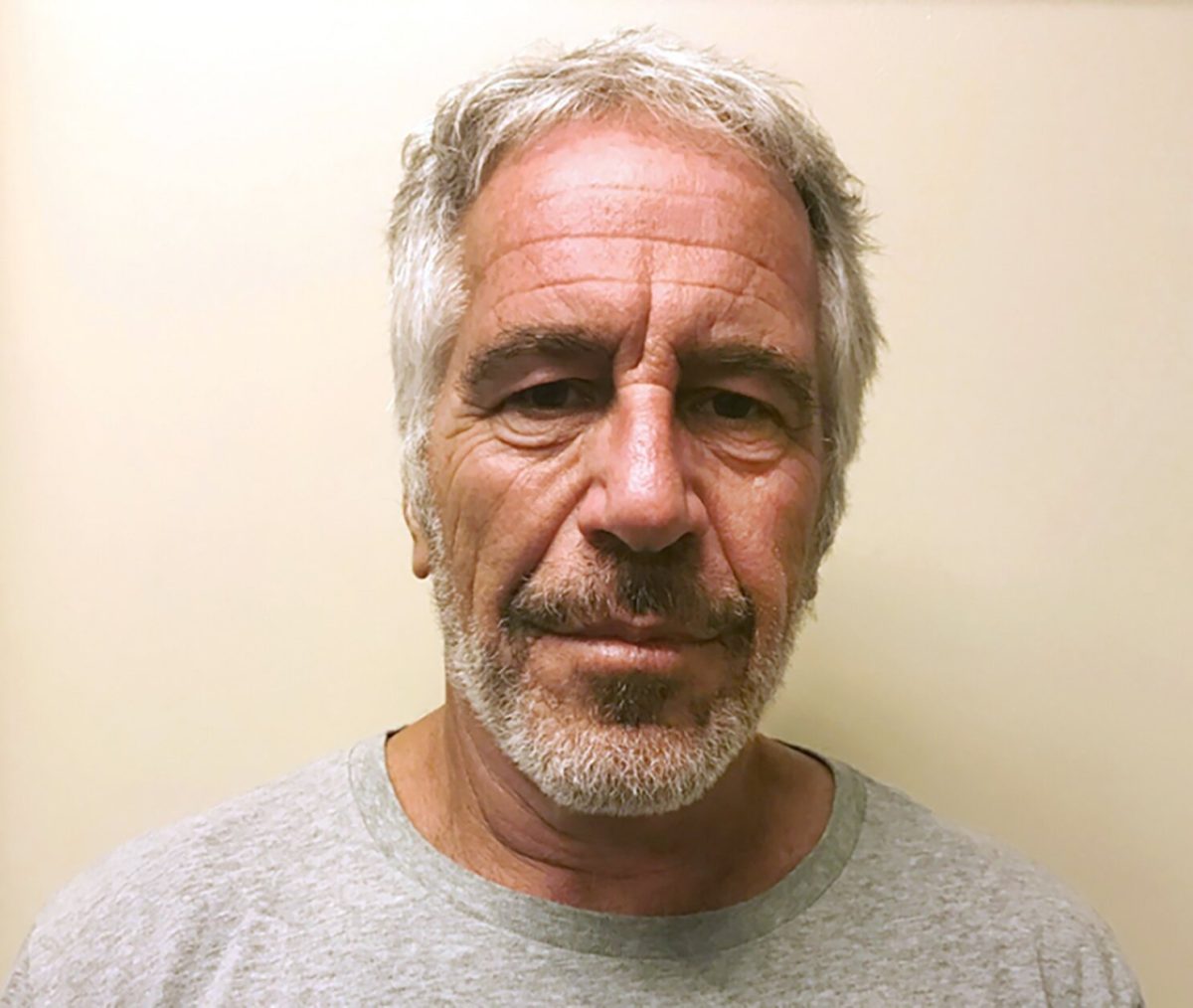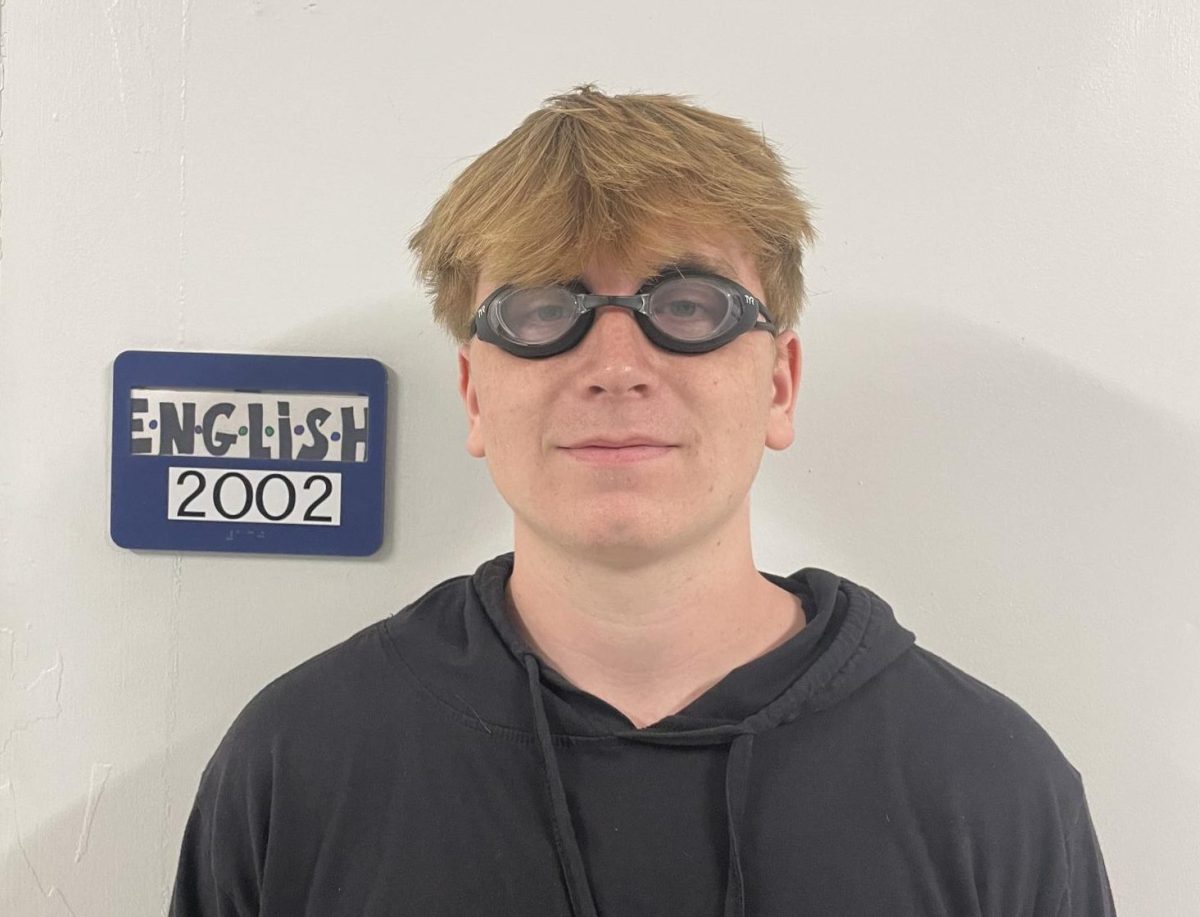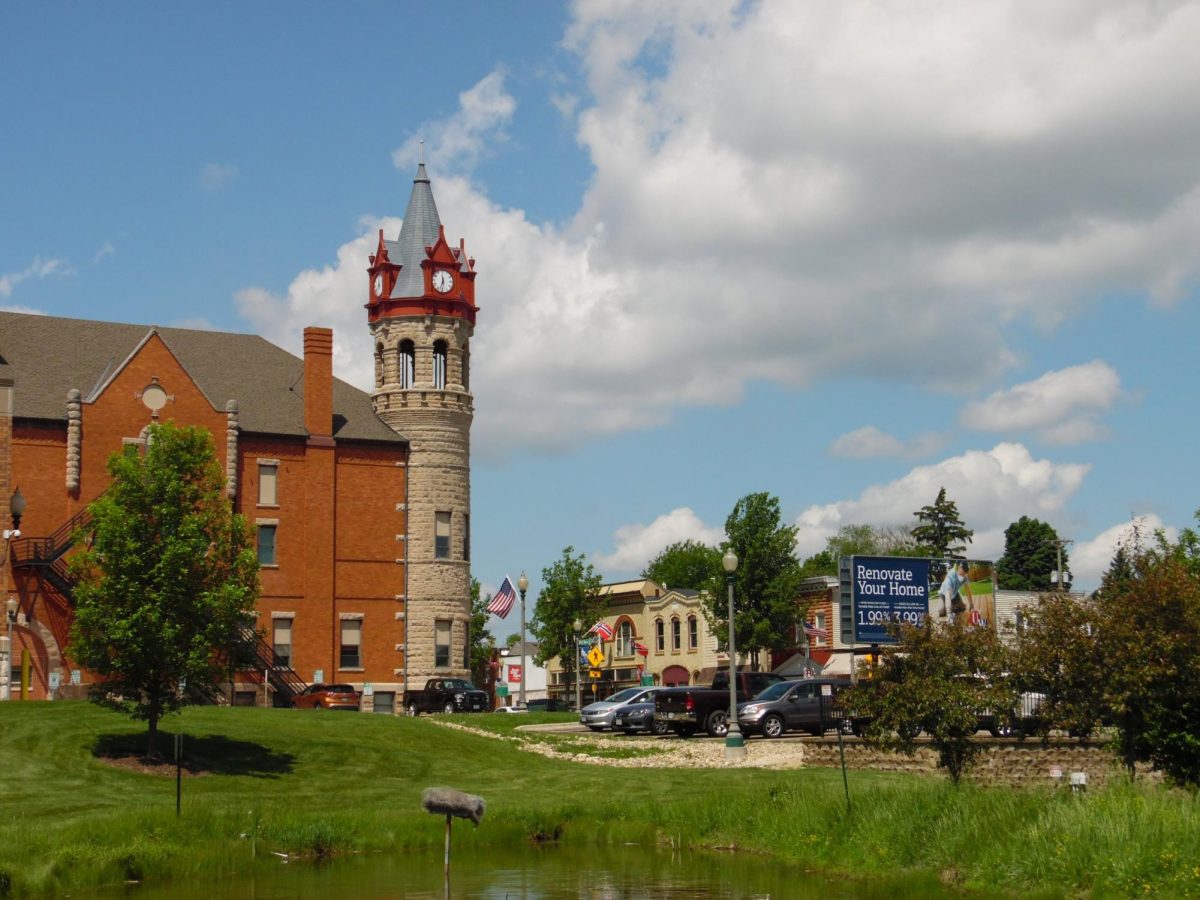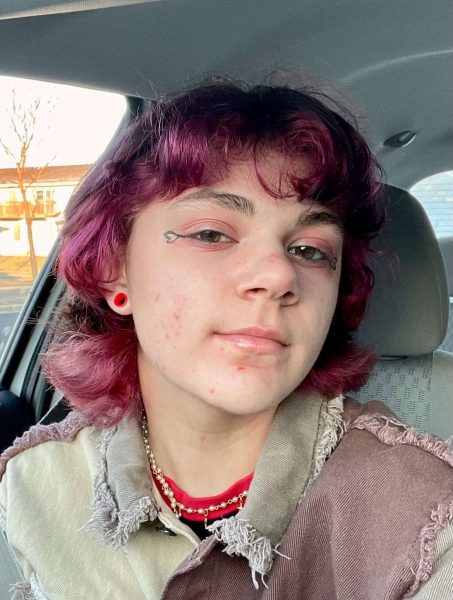16 years ago, Jeffrey Epstein was convicted of procuring a child for prostitution and of soliciting a prostitute after thirty-six underage girls were identified as his sexual abuse victims. 11 years after that, he was arrested again, this time for the sexual trafficking of minors. He died, allegedly by suicide, in his jail cell on Aug. 10, 2019.
The unfortunate reality of the world is that, at a surface level, this doesn’t seem like a terribly unique situation. However, the unclear nature of his death sparked an interest in the public that caused his case to become somewhat of an internet sensation, especially after the depth of his crimes was revealed.
This was not an ordinary case because of the organized and systematic nature of Epstein’s crimes. He had a mansion on what became known as “Epstein Island”—an island located in the United States’ Virgin Islands that he owned from 1998 until his death in 2019. Here, he would repeatedly hire underage girls to perform sexual acts. Furthermore, he got away with this structure of crime for several years, as he was allowed on regular “work release” from jail after his first imprisonment, and was not arrested a second time until 2019.
Epstein was not without accomplices; often, others would fly into the island to participate in these crimes alongside Epstein. Due to Epstein’s connections with many high-profile individuals and politicians, the public called into question how many prominent names in our country might also be prominent customers of this horrendous system of abuse. Soon enough, the public got its answers.
Disclaimer—those named in Epstein’s List have not been charged with crimes, nor have they necessarily been accused of wrongdoing.
Between Jan. 3 and Jan. 9, 2024, court documents containing over 200 total names of both associates and victims of Epstein were released due to a court case against Ghislaine Maxwell, Epstein’s partner and alleged criminal co-conspirator. Although it was not the “client list” that some people have claimed it to be, it revealed potentially incriminating information about people such as Bill Clinton, Prince Andrew, Donald Trump, and Stephen Hawking via flight logs to the island.
In a time when people, especially younger generations, already show high levels of distrust towards major institutions and the government, releasing this information lit a flame across the Internet about how much we should expect unethical behavior from those with more power in society.
Many Internet users are convinced that the CIA and FBI are involved in delaying the release of the Epstein documents. Many more extremists insist that this whole country is built on catering to pedophiles.
When the lists of Epstein’s associates are riddled with princes, presidents, and renowned geniuses, it’s hard to hold trust in the societal ‘higher-ups’ to be people the public can look up to. But whether the pattern of the rich being ‘bad’ people is causal or not, can’t be proven.
Pat Schneider, a history teacher at Stoughton High School [SHS], comments on this aspect of the Epstein case.
“We are all aware that plenty of pedophiles are not rich or powerful,” Schneider said in an e-mail.
The difference between the heinous acts of richer people and those of average people in society may not be an inherent difference in morals, but an inherent difference in the ability to make an impact.
“I’m not convinced that wealthy, powerful people do more unethical things,” Schneider said. “I think because they are wealthy and powerful, the unethical things they do tend to have more impact or can be done on a larger scale. Jeffery Epstein was a pedophile who could abuse on a massive scale.”
Regarding the length of Epstein’s crimes, his money likely paved the way for the long gap between his first and second arrest.
“I think that being wealthy and powerful increases your odds of avoiding consequences for your unethical behavior because you can afford to hire the most skilled defense as possible,” Schneider said. “You can get the best lawyers and/or PR firms. Epstein had avoided significant penalties for his behavior for years, even though authorities had been aware of his transgressions. An average person caught doing something illegal or unethical will typically simply have to accept the punishment that is given.”
Before the list was released, the public had no idea how far its reach could go (although they certainly had theories). To some, this new information is a perfectly good reason to distrust everyone rich and famous. To others, they may see it as an unfortunate circumstance of our society and not desire to hold celebrities and politicians to any different set of moral standards.
But regardless of the way this case shapes an individual’s opinion of the wealthy, SHS junior Reuben Davis summarizes the general public’s current opinion of them adequately: “Their interests almost always conflict with the good of the people.”









